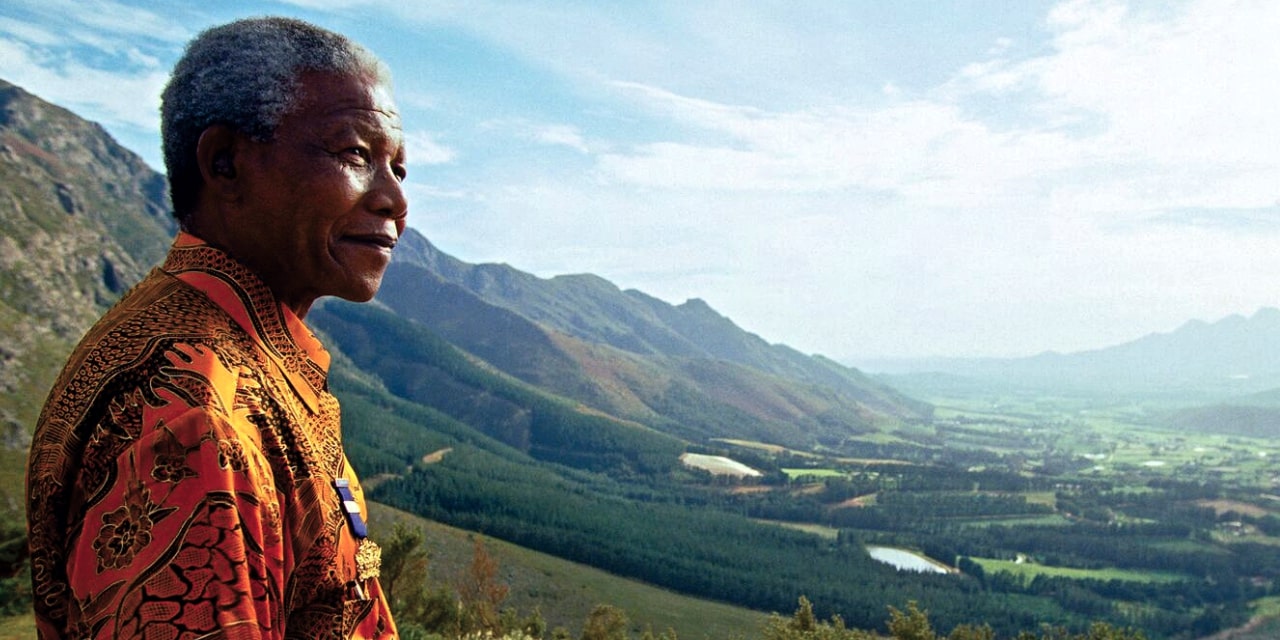“Real leaders must be ready to sacrifice all for the freedom of their people.” Nelson Mandela
The story of Africa is the story of liberation dating back to the time of slavery, colonialism and now endless wars. The new leadership of Africa is faced with the challenge of a wounded population. Zimbabwe’s history is a story of wounds dating back to the pre-colonial era. Leadership in Africa has this mandate, to lead with compassion, and to heal with love. How do today’s Zimbabwean leaders confront this wounded past to prevent continued pain? What model will bring true healing and authentic reconciliation necessary for Zimbabwe to move forward?
These are questions that we are asking this year as we commemorate Mandela Day. And we wish to invite you to reflect on this critical matter with us on 19 July 2019 on StarFM Zimbabwe from 2100 – 2200 hours.
As Zimbabwe struggles to build sustainable peace, the legacy of Nelson Mandela offers some valuable lessons for the Zimbabwean leadership.
It is almost impossible to imagine a reconciliation process that happens if the political leadership does not play its role in motivating and inspiring the people to embrace reconciliation. This is what is usually referred to as ‘the Madiba Magic’. But this magic is not unique to South Africa.
In 2016, Colombia’s then-President Juan Manuel Santos won the Nobel Peace Prize for championing peace and reconciliation in Colombia.
Formerly opposed to the peace process, Manuel Santos became a true champion of peace upon assuming office and pushed for the signing of the peace agreement in 2016. He then put together a Victims Unit to facilitate truth recovery, rehabilitation and reparations for victims. Led by Paula Gaviria, Colombia’s reparations programme was rated the most comprehensive in a Harvard study.
There is a compelling story to be told about the role of political leadership in leading the healing and reconciliation process.
We think this is an appropriate time to reflect on these matters. In convening this Mandela Legacy Radio Dialogue, we are moved to explore the role of leadership in facilitating and catalysing reconciliation and healing processes. We want to provide a platform for our local leadership to share lessons with experts across the borders who have interacted with the high-level political leadership in catalysing healing and reconciliation.
Our panel for this kind of discussion is never to be found again on air after this day. We are bringing into studio Doctor Fanie Du Toit, former Director of the Institute for Justice and Reconciliation (IJR) who has interacted closely with the Mandela Legacy post-South Africa’s Truth and Reconciliation Commission. He will be joined by our special guest from Colombia, Ms Paula Gaviria Former Director of the National Victims Unit, former Presidential Advisor on Human Rights to President Juan Manuel Santos. This level of wisdom, knowledge and experience is difficult to find in one room.
We have also invited our own National Peace and Reconciliation Commission to be part of the discussion. Our Coordinator Dzikamai Bere will be in the studio to break down the local processes with the help of Staf FM programme host George Msumba.
Please Tune in, this Friday at 2100

